“Calendar Invite: Meeting with Kamala Harris’s Office.”
In June of 2020, I did not imagine I would soon be spending the rest of the calendar year lobbying Congress, while at the same time stumbling into the world of human resources as co-founder of a grassroots arts advocacy organization. I did not imagine a whole lot of things that would come to pass during “the year that must not be spoken of,” but I am not alone in that.
Let us rewind a bit.
December 2019. I had just finished acting in a celebrated run of Cambodian Rock Band at Oregon Shakespeare Festival and La Jolla Playhouse, nearly a full year of nonstop work at two of the most venerated theatrical institutions in the country. This experience changed my life: I had never had such consistent financial security as a performer, as I was used to the piecemeal career of a gig worker for over a decade. Add to this nearly fifty-two health and pension weeks working on my dream project and my life was golden. Add to this the careful attention to diversity, equity, and inclusion (DEI), as well as the sterling commitment to personnel at these two institutions, and I felt safe and protected (a privilege that most performers are not fortunate enough to experience on a regular basis, if ever at all).
When the show closed and I returned to Los Angeles, I signed with a new, fancy talent manager and was greeted by a host of exciting auditions during television pilot season. Opportunities were blooming and everything was coming up roses.
Enter COVID-19.
When the nationwide quarantine hit, my world came to a grinding halt. My industry shut down completely in March of 2020. Nearly 2.7 million arts workers became fully unemployed. I no longer felt safe and protected—I felt vulnerable and exposed. It was though I was staring blankly into a dull, empty void. I spent most days feeling numb, unmotivated, depressed, and listless.
What do I do with myself if I am physically unable to do the thing I was made to do?
Existential crisis much?
After a handful of months filled with self-pity and lots of carbohydrates, I connected with a few friends and we commiserated over why the cavalry was not showing up to “save all of us.” Where were Steven Spielberg or Lin-Manuel Miranda to save the entire arts and culture sector from complete and utter collapse? Where?? (Rightfully so, it was never their job to save anyone and, as we would later discover, the only ones who have the resources, responsibility, and infrastructure to save us are our lawmakers.)
We decided then and there that we needed to become the heroes we were waiting for. And, thusly, Be An #ArtsHero came to be: a response to the pandemic, born out of massive, desperate need. We founded a national, intersectional, grassroots campaign comprised of arts and culture workers, unions, and institutions. Our mission was to collectively push the United States government for proportionate relief to the arts and culture sector.

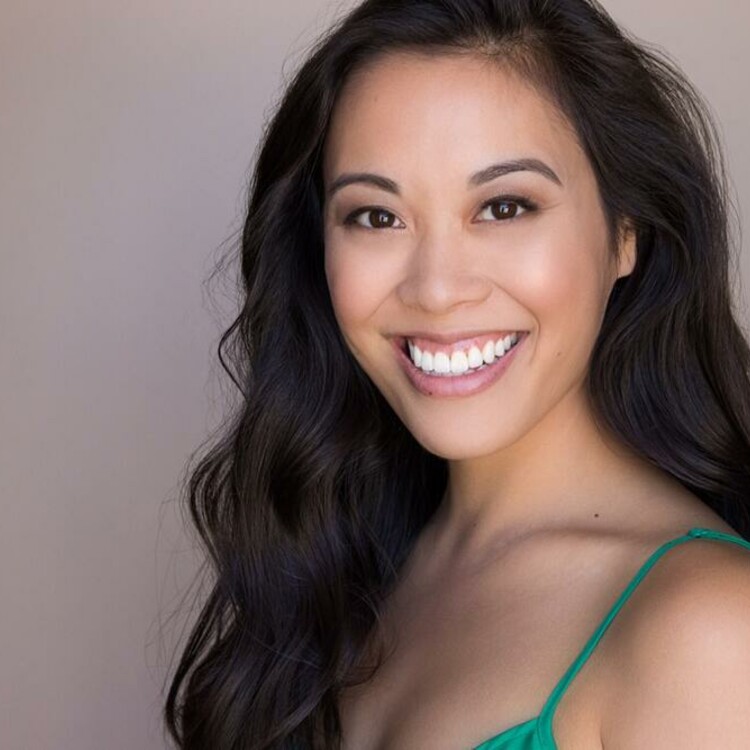
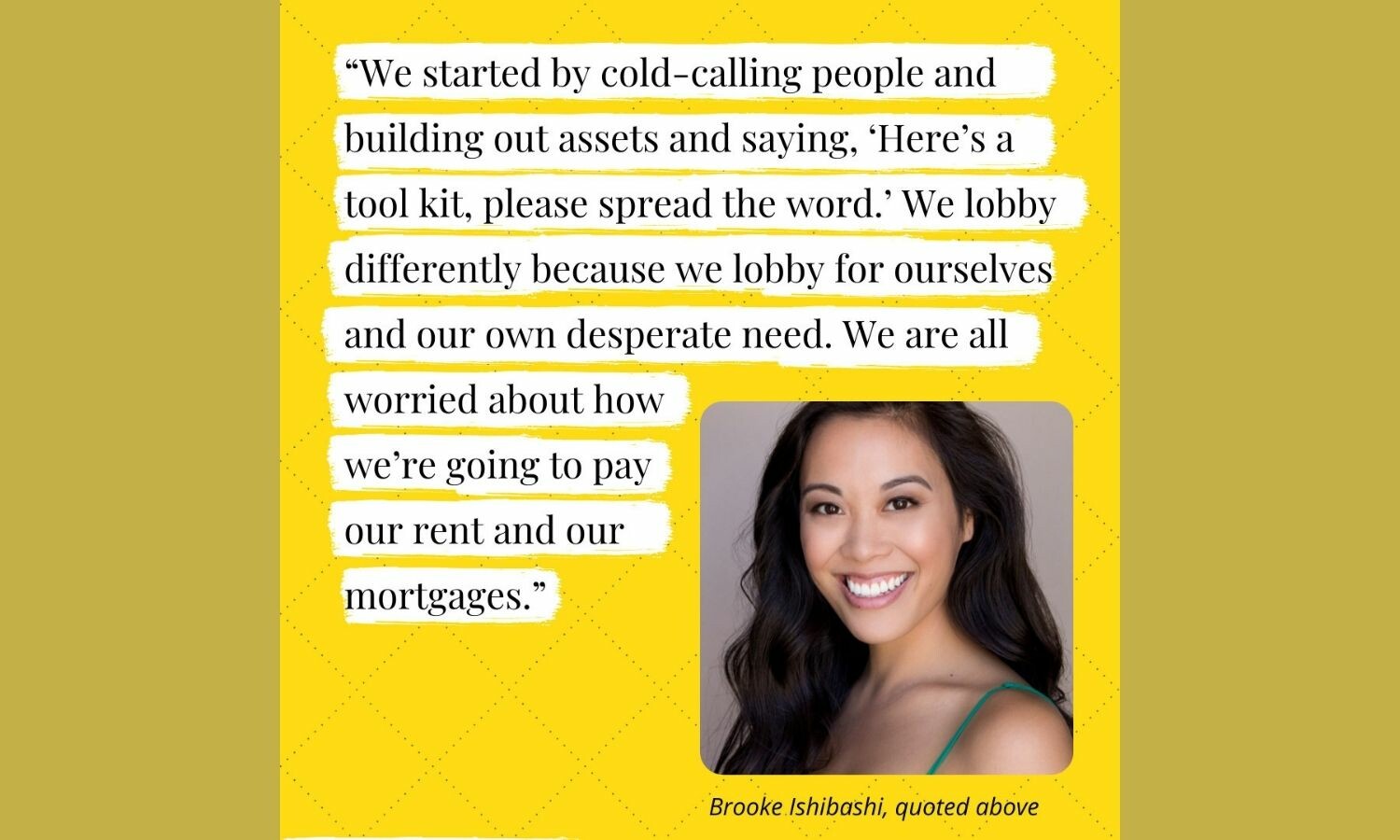
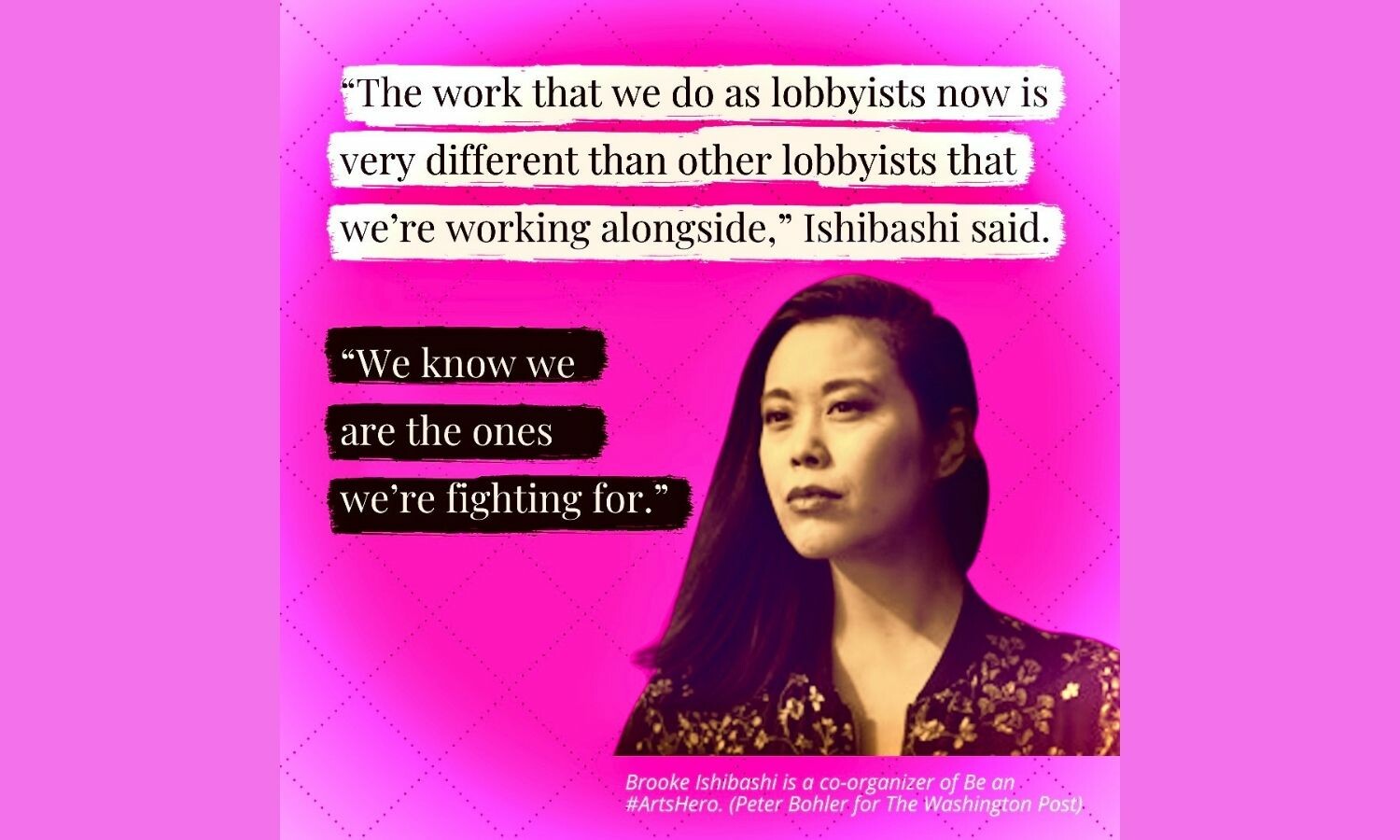
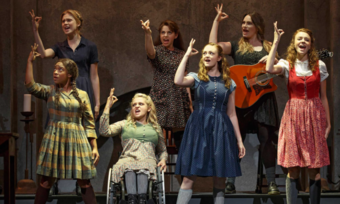

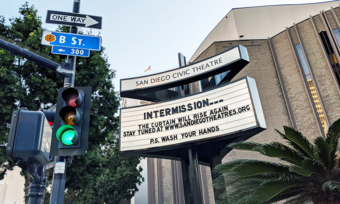

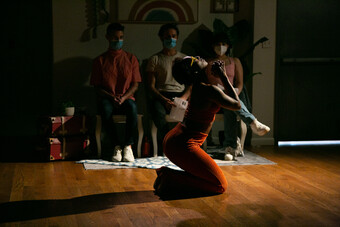

Comments
The article is just the start of the conversation—we want to know what you think about this subject, too! HowlRound is a space for knowledge-sharing, and we welcome spirited, thoughtful, and on-topic dialogue. Find our full comments policy here
Brilliant article! Brilliant move to create Be an #Artshero. I stand with you in every way. I utterly agree that only a new paradigm can change the status quo and it must begin with putting the people, putting us front and center. I will be checking into #Artshero more and helping in any way I can, for me, for my small company, for you and for posterity! Thank you.